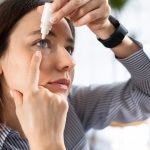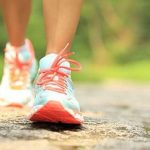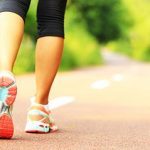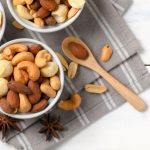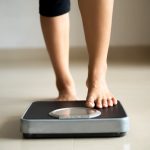
Much has been made of the so-called “obesity paradox” — the observation that people with a heart condition seem less likely to die if they are overweight or obese. But European researchers now say they’ve debunked that theory, which was based on earlier research that relied on body mass index (BMI, a measure based on weight and height) to judge whether a person carried excess weight. The major new study shows the obesity paradox vanishes if other heart risk factors are considered along with a person’s BMI. Further, researchers found that another measure of obesity, the waist-to-height ratio, more accurately reflected the real heart health risk that comes from having too much body fat. “Better measures of adiposity [excess fat] than BMI, such as waist-height ratio, eliminate the ‘obesity survival paradox’ and, indeed, show that greater adiposity is associated with a higher rate of hospital admission for worsening heart failure and worse symptoms and quality of life,” said senior researcher Dr. John McMurray, a professor of cardiology at the University of Glasgow. For this study, McMurray and his colleagues analyzed data from nearly 8,400 heart failure patients suffering from reduced ejection fraction, a condition in which the heart is not able to pump a normal amount of blood throughout the body. The patients were taking part in a clinical trial evaluating the safety and effectiveness… read on > read on >










